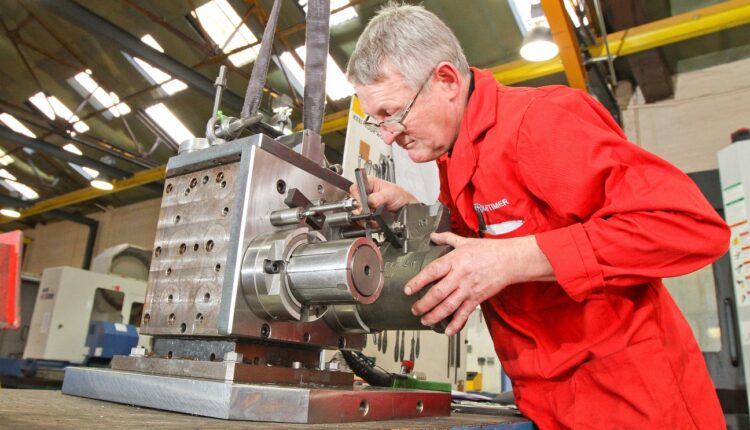Southport manufacturers that are selling to the world
Southport is best known for its vibrant visitor economy but Southport BID is keen to highlight other sectors and here we showcase three world class manufacturers and exporters. Tony McDonough reports
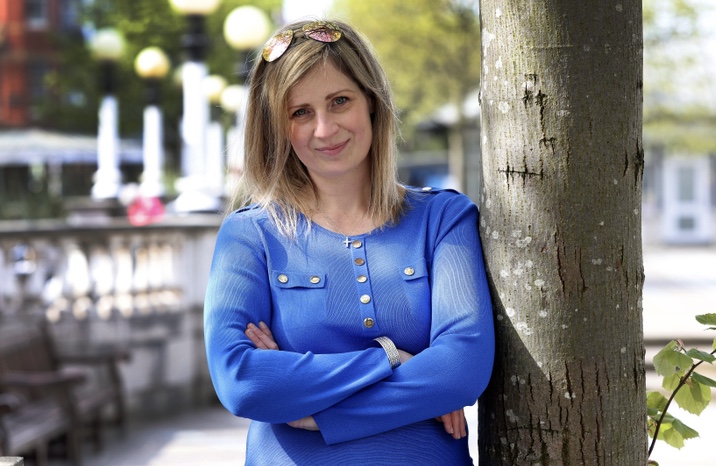
Southport is one of the best-known visitor destinations in the UK but it is also home to world-leading manufacturing and exporting businesses.
Rachel Fitzgerald, chief executive of Southport BID, is keen to showcase the business diversity of the town and believes it can future-proof its economy by taking a multi-sector approach to economic growth.
“Over the past 18 months our town, similar to the rest of the country, has been hit hard by the pandemic. We were particularly vulnerable to the impact of COVID-19 because of our strength in the visitor economy.
“I’m proud to see how many of those businesses have shown enormous resilience and come through the other side. But the pandemic also demonstrated how critical it is that we diversify our business base and look to encourage growth in other sectors, such as digital and manufacturing.”
Below are three standout Southport firms – Inciner8, Isotech and Lattimer – who are engaged in innovation, advanced manufacturing and exporting to countries all over the world:
Inciner8
Inciner8 is one of the most respected names in global waste management. It is engaged in the design, manufacture, sale and installation of incinerators, targeted at three key markets: medical, animal and general waste.
Problems related to waste management are expanding rapidly across the globe due to increases in population numbers, as well as the introduction of new viruses, such as COVID-19.
Operating from a 25,000 sq ft manufacturing facility in Canning Road, Inciner8, employs a local and highly-skilled workforce of 41 people. They develop, design, assemble, export, install and service its products all over the world.
Managing director Stuart Winship, said: “Alongside our international growth, our expansion benefits the communities where we operate and drives prosperity locally. While our team lives within 20 miles of the business, we also ensure our supply chain comprises regional experts by committing to working with local companies wherever possible.
“As of today, 85% of our business is located within international markets, with the remaining 15% spent servicing the UK – predominantly farming and waste recycling industries. By the end of 2022, we aim to have exported to all 195 countries around the world, which we estimate would account for 90% of our sales.”
Stuart said COVID-19 had proved to be more high-pressure situation than previous epidemics due to its global footprint and the speed in which it began ending lives. The high infection rates mean any materials that come into contact with a patient must be destroyed.
Incineration is the only guaranteed, safe way of doing that, so Inciner8’s services and systems have been in major demand. He adde: “We responded to demand instantly, making sure our incinerators were ready and waiting to be mobilised to communities around the world, and ensured we could cater to highly technical or bespoke requests.
“For example, we completed our first ever air-freighted incinerator system in record time to help UAE hospitals manage coronavirus-infected waste.
“Creating solutions that defy the norm in our industry is one of our key enablers for growth. For example, we’ve developed and installed internet-accessed control panels meaning we can dial into a unit in real time, no matter where it is in the world. This is an industry first and is leading the way for the future of incineration.”
A key area of focus for the business within the UK, according to Stuart, is the commoditisation of incineration as a tool to achieve national environmental targets. The firm actively encourages the recycling of suitable products in every case that is possible but is also keen to promote incineration as a solution to safely convert any non-recyclable waste into clean air.
He added: “We’ve committed ourselves to developing the cleanest incinerators in the market, to ensure we have the right foundation to capitalise on future industry growth in this field as landfill becomes increasingly unsustainable.”
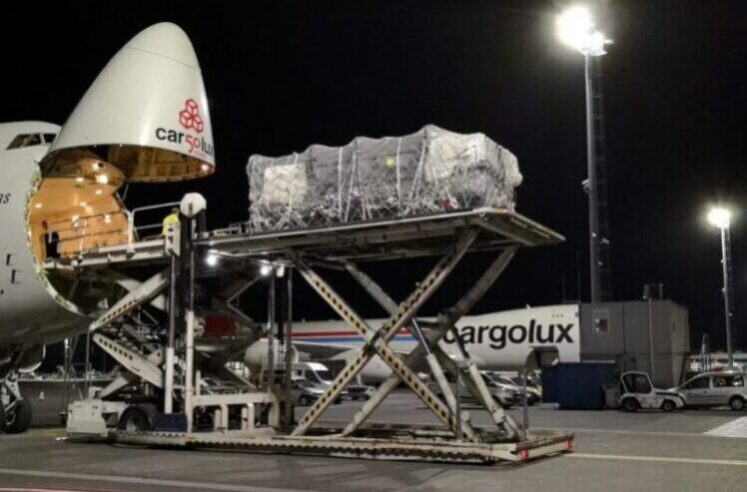
Stuart says Southport’s position between Liverpool and Manchester means attracting and retaining talent is an ongoing challenge. Many starting out their careers wish to live in cities that are promoted as more vibrant.
He explained: “Not enough is being done to encourage people to join the many businesses here that rely on a new generation of skills to prosper. To change this, Southport must be promoted as a great place to live and work, with investments made into further education and housing that level up the playing field against our reputation as a tourist destination.
“The North of England lacks a central hub for specialist STEM skills and Southport could easily plug that gap; there will be a wealth of talent available in coming years that we could harness into manufacturing businesses in this region. If we are to achieve such an outcome – we must start changing perceptions now.”
Isotech
Last year Isotech celebrated its 40th year as one of Merseyside’s leading advanced manufacturers – and even supplies NASA.
Employing around 50 people from Southport, and other parts of the city region, Isotech is a manufacturer of temperature calibration systems. In layman’s terms its products can monitor temperatures to an extremely high degree of accuracy.
This level of temperature measurement is critical in scientific laboratories and in other business sectors. Sales and marketing director David Southworth explained: “Our biggest customer base is laboratories, both in the UK and around the world.
“But we also make products for other uses. This could be anything from a furnace where the temperature needs to be monitored to a supermarket where a fridge cabinet needs to be maintained at a precise temperature. We will also calibrate thermometers on behalf of customers.”
David adds that 80% of the firm’s product sales are for export and it does business with customers as far afield as China, Japan, the US and, closer to home, in Europe. Clients include electronics giant Panasonic and US space agency NASA.
Isotech was founded in Southport by John Tavener in 1980 with the single aim of supplying thermocouple reference units to the power industry. He set about to design and build his own products from his small, purpose built laboratory. Mr Tavener sadly passed away in 2020.
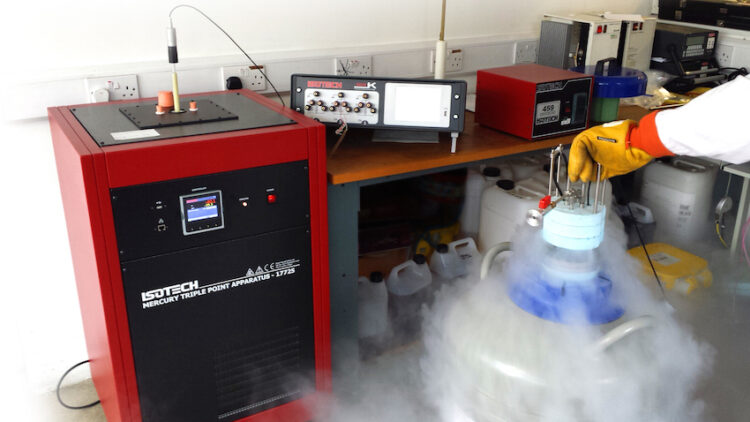
But the business he founded continues to grow, despite the unprecedented challenge of the COVID-19 pandemic over the past year. David said: “Prior to the pandemic we used to send people all over the world. Customers would also travel here for training.
“Obviously, COVID-19 put a stop to all that. And, despite signs now of a return to normality, we have designed a new way of doing things. While travel will still be necessary, our investment into video conferencing technology now means we can be much more flexible in how we operate.”
Isotech’s success has received recognition. In 2019 it was awarded the title of Export Champion for the third year running by the Department for International Trade. In 2017 it was the recipient of the Queen’s Award for Enterprise. And the growth story is set to continue.
“If a company just tries to stand still and maintain the status quo it will, in reality, go backwards. Our competitors won’t stand still and so neither will we and we will continue to invest in new products and new technology. We are proud to have been in Southport for 40 years and look forward to continuing John Tavener’s legacy in the coming years.”
Lattimer
Finding people with the right skills is one of the biggest challenges faced by Lattimer, a manufacturer and exporter of components for machines that make glass containers.
Lattimer’s products sell in more than 70 countries across the world. Around 60% of its products are popular lines that sell over and over while the remaining 40% are either parts that need to be adapted or, in some cases, completely new products.
The business employs more than 80 people in Southport, including four apprentices. And managing director Mark Hailwood says finding, and retaining, the right people with the right skills for the company is an ongoing battle.
“Over the past seven years we have probably taken on around 36 apprentices but they are so difficult to hold on to,” he said. “There is a massive demand for engineers and companies such as BAE and Jaguar Land Rover, as well as the Royal Navy, can just pick them off. That makes it difficult for companies such as ours.
“That said, we do get excellent support from Southport College. They appreciate that we are a major employer in the town and they are willing to adapt the courses to offer the skills that we need. But once we have someone good, holding on to them is always a big challenge.
“Finding qualified engineers to come and work here can be equally as difficult. Once someone is settled in a job, is well paid and their family is happy where they are, it is quite difficult to shake the tree and persuade them to move.”
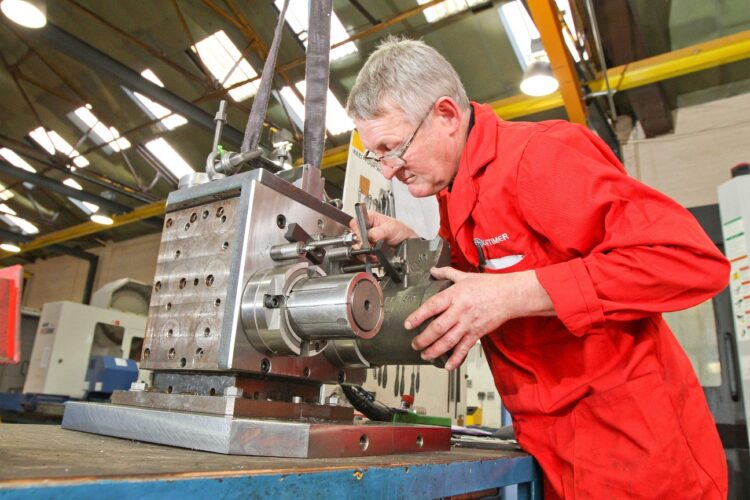
Lattimer celebrates its 80th year this year and, despite the impact of the COVID-19 pandemic on the wider economy, the business has prospered over the past 12 months. Mark explained: “Because we have such a diverse customer base across more than 70 countries, there was always somewhere that was doing ok.
“So when one country was shut down, others may have been more open. Because of the equipment we supply, if those factories are running then they are always going to need the parts we supply. We had a really really good year in 2020 but our sister company in the US had a much tougher time.
“It has hindered my ability to travel and meet potential customers. Prior to the pandemic, myself and the sales team travelled all over the world. Obviously that all stopped during the pandemic.
“Using Zoom is good but it is not the same as face to face contact. When you are actually there you establish a relationship, read body language and talk properly over a drink in the evening. There is no substitute for that.”
He says that Lattimer has not been unduly troubled by Brexit, adding: “There were some delays early on but it was not that bad. I think some people may have used it as an excuse because they hadn’t bothered to get the paperwork right. I would say it is pretty much business as usual with Europe now.
“Over the past year we saw an increase in sales with some customers buying more supply than usual. The challenge for the next few months is to keep the momentum up and nail those extra sales down.”

